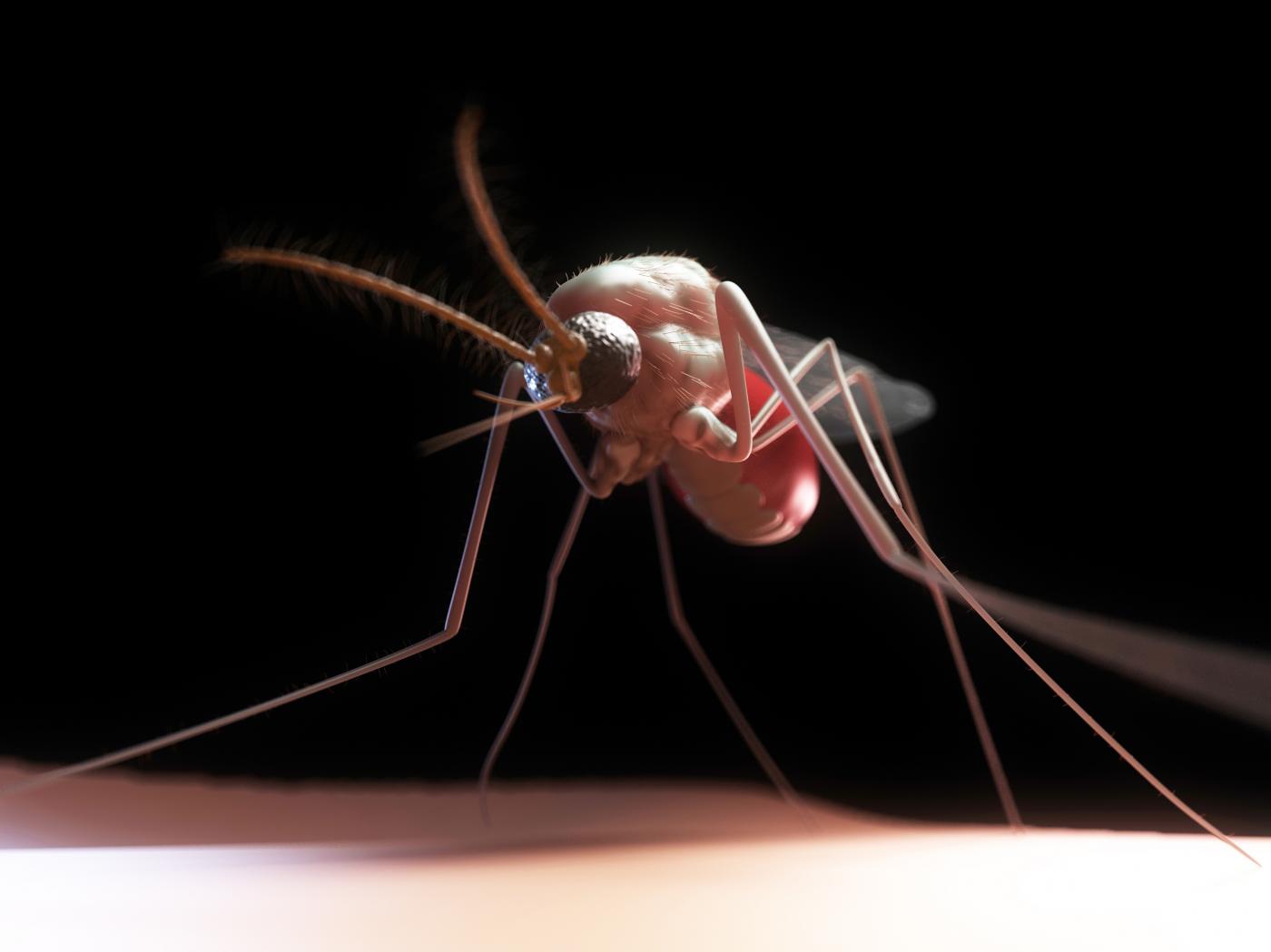There are no vaccines: the only defense is not to be bitten by an infected mosquito
August 7, 2023
New case of West Nile virus infection in humans since the beginning of surveillance: it is a 72-year-old hospitalized in Oristano, the first human case of this season in the area, after those of last summer. However, infections have grown in recent days: net of this last case, in the ISS bulletin dated August 3, there were 25 since the beginning of May. But, in the July 27 report, there were six cases reported. However, nothing to do with last year’s numbers, when 1,112 cases of West Nile in humans occurred in Europe, of which 723 in Italy.
There are no vaccines: the only defense against West Nile is not to be bitten by infected mosquitoes. Pest control in public places is essential to kill adult insects and larvae. More and more Administrations are therefore examining the obligation to carry out preventive treatments in the event of evening public events. Of the 42 official cases officially confirmed so far reported by the ISS, 21 occurred in the neuro-invasive form (7 Emilia Romagna, 12 Veneto, 2 Piedmont), 12 cases identified in blood donors (3 Lombardy, 6 Veneto, 3 Emilia- Romagna) and 9 cases of fever (1 Lombardy, 7 Veneto, 1 Emilia-Romagna). Five deaths among the confirmed cases reported by the ISS (3 in Veneto, 1 in Piedmont and 1 in Emilia Romagna).
THINGS
West Nile fever is an infectious disease transmitted by mosquitoes. Isolated for the first time in 1937 in Uganda – in the West Nile district – from which it takes its name – the virus is widespread in Africa, western Asia, Europe, Australia and America. In Italy, the first outbreak dates back to the summer of 1998, with some confirmed cases in horses in the Padule di Fucecchio area, in Tuscany. Following this event, the Ministry of Health activated the National Surveillance Plan in 2002, to monitor the circulation of the virus throughout the national territory.
TRANSMISSION
The reservoirs of the virus are wild birds and mosquitoes – especially of the Culex type – whose bites are the main means of transmission to humans. West Nile fever is not transmitted from person to person through contact with infected people. The virus also infects other mammals, especially horses, but in some cases also dogs, cats and rabbits.
INCUBATION PERIOD AND SYMPTOMS
From the bite of the infected mosquito, the incubation varies between 2 and 14 days, but it can be as long as 21 days in subjects with deficits in the immune system. Most infected people are asymptomatic. Among symptomatic cases, about 20% have mild symptoms: fever, headache, nausea, vomiting, swollen lymph nodes, skin rashes. These symptoms can last a few days, in rare cases a few weeks, and can vary greatly according to age: milder in healthy young people. In the elderly and in debilitated people, however, the symptoms can be more serious. The most severe symptoms occur on average in less than 1% of infected people (1 in 150 people), and include: high fever, severe headaches, muscle weakness, disorientation, tremors, impaired vision, numbness, convulsions, up to paralysis and coma. Some neurological effects may be permanent. In the most severe cases (about 1 in a thousand) the virus can cause lethal encephalitis.
DIAGNOSIS
The diagnosis is mainly made through laboratory tests carried out on serum and, where indicated, on cerebrospinal fluid, for the search for IgM type antibodies. These antibodies can persist for even very long periods in sick subjects (up to a year), therefore the positivity to these tests can also indicate a previous infection. Samples collected within 8 days of the first symptoms could give false negatives.
THERAPY AND TREATMENT
There is no specific therapy for West Nile fever. In most cases, the symptoms go away on their own after a few days or they can last for a few weeks. In the most serious cases, hospitalization is necessary, with the administration of intravenous fluids and assisted breathing.
PREVENTION
There is no vaccine. At the moment, prevention consists above all in reducing the possibility of exposure to mosquito bites. Hence, the use of insect repellents and mosquito nets on the windows is recommended. It is also important to prevent insects from reproducing by emptying flower pots or other containers with stagnant water.
© Copyright LaPresse – breaking latest news
